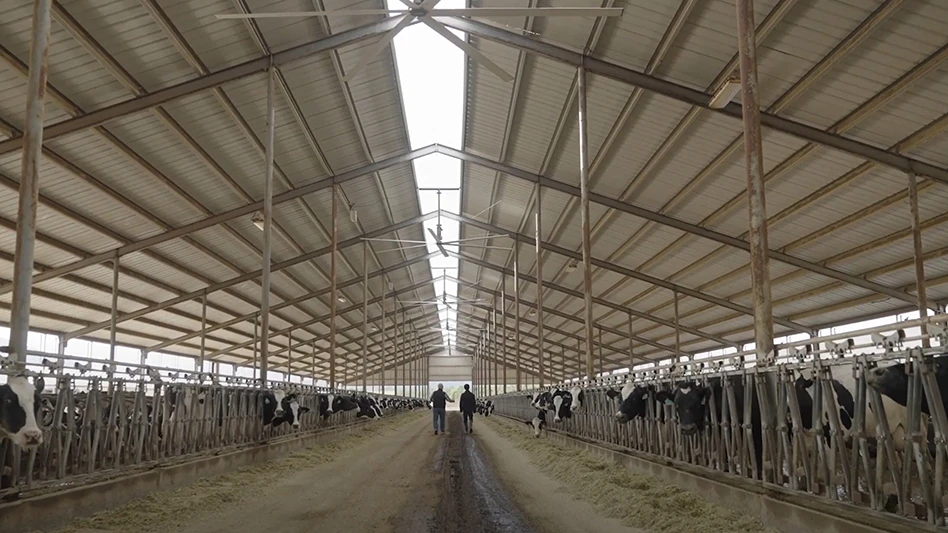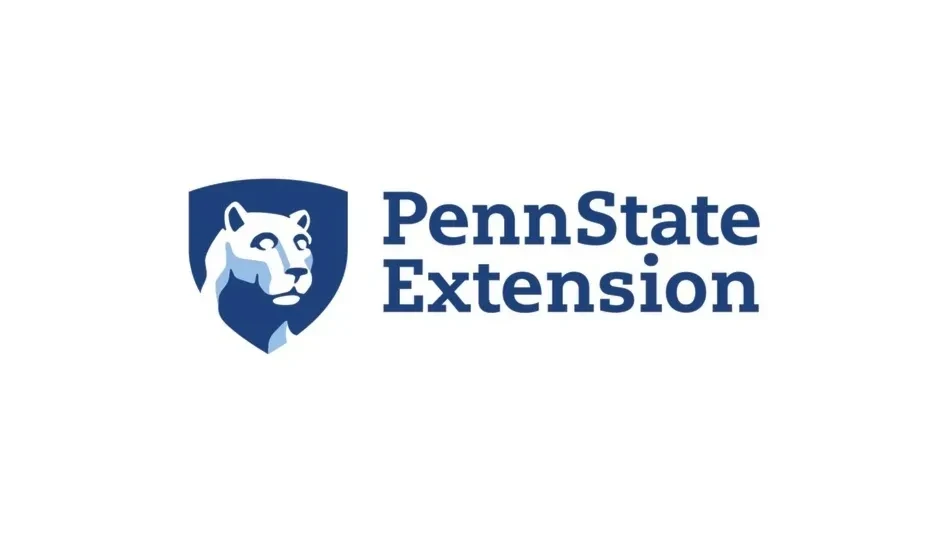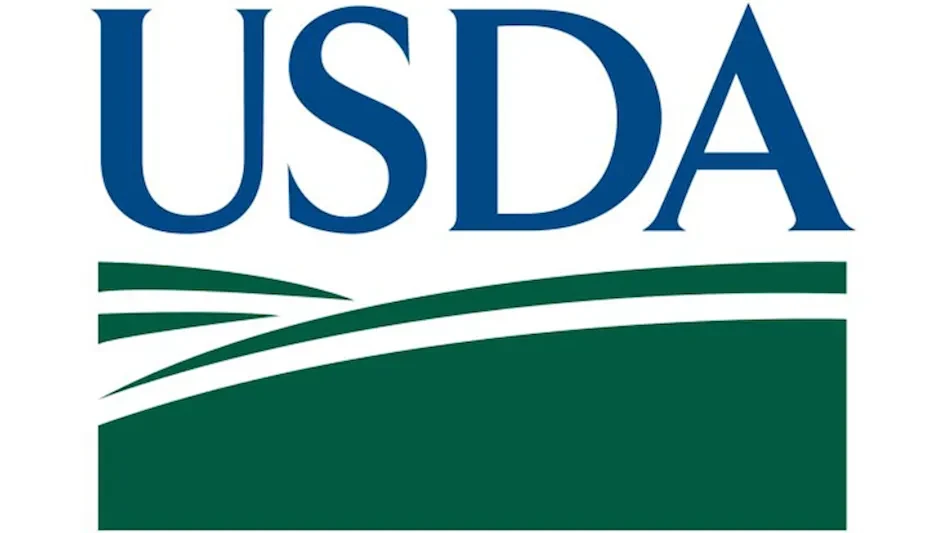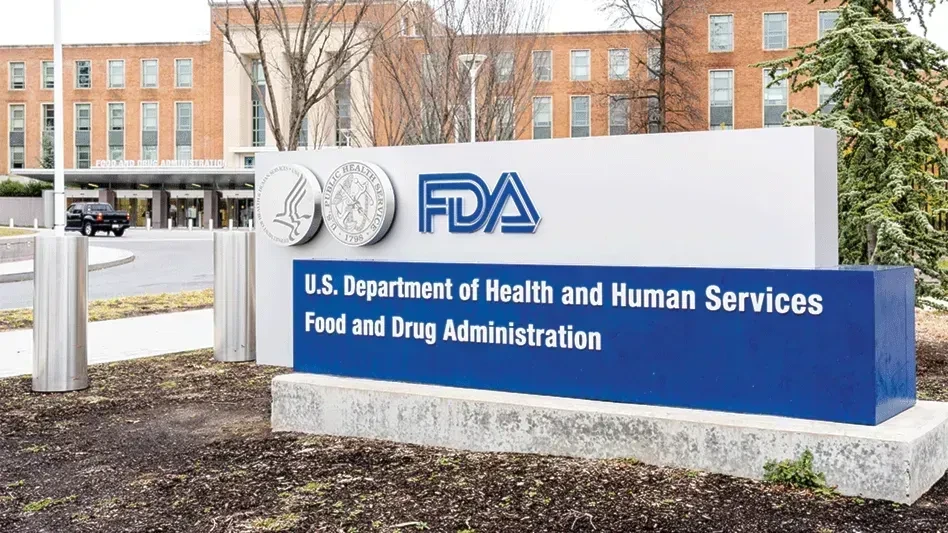
Photo courtesy 3Degrees
SAN FRANCISCO — 3Degrees, a global climate solutions provider and certified B Corporation, announced the launch of its Supply Chain Emission Reduction Agreement product. This approach empowers suppliers to deliver products with reduced emissions intensity, helping organizations hit their scope 3 goals. This solution is initially available for organizations in the food and apparel industry with North American agricultural supply chains.
Food and apparel companies, particularly those with Science Based Targets initiative (SBTi) goals, are seeking solutions to reduce their scope 3 emissions. This is driven by exposure to climate related risks and the opportunity to strengthen relationships with suppliers, customers and other stakeholders.
Supply Chain Emission Reduction Agreements simplify and de-risk investments in scope 3 emission reductions. 3Degrees partners with upstream suppliers to source, finance and develop emissions reduction projects that deliver lower-emission products through a pay-for-performance model that aligns with downstream purchasing requirements. This service is part of 3Degrees' commitment to providing scalable, impact-driven solutions supporting organizations in their climate journey.
"Our close collaboration with food and apparel brands has highlighted the pressing need for a simplified and de-risked approach to upstream emissions interventions," said John Bourne, senior director of carbon markets and agriculture at 3Degrees. "Our new service is tailored to deliver a high level of customization, paving the way for broader adoption of sustainable practices."
Over the last 15 years, 3Degrees has supported over 100 agricultural projects in North America and is responsible for over 33% of all carbon credits issued from livestock projects during that time.
Latest from Quality Assurance & Food Safety
- Ferrero Group Invests $445 Million in Ontario Production Facility
- Nelson-Jameson Announces Grand Opening for Pennsylvania Distribution Center
- Taylor Farms Linked to Romaine E. coli Outbreak as Marler Clark Files Multiple Lawsuits Against Supplier
- IAFNS Announces Winners of Emerging Leader Awards for Food Safety, Nutrition
- FDA Shares Testing Results for PFAS in Bottled Water
- Provision Analytics Adds Food Safety Expert Jennifer Williams to Strategic Advisory Group
- Boston Sword & Tuna Protects Seafood Safety with Mettler-Toledo Metal Detectors
- IFT Releases New Resources to Aid Food and Beverage Industry in Sugar Reduction





